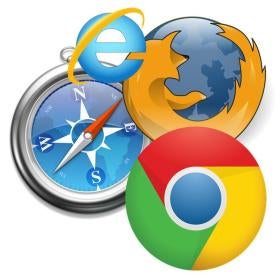We all probably did a lot more online shopping this year during the pandemic than ever before. After online shopping, you will notice that pop-up ads are constant, and continue to pop up even if you continue to “x” them out. Or you might check the weather, and find that the site you access knows exactly which town and state you are in.
That’s because of cookies and your browser. Here are some tips to minimize the use of your browsing history by third parties.
First, when you use a computer and Wi-Fi in a public place, your browsing history can be accessed and stored. Even if you are browsing using your own Wi-Fi, you can do it privately. All you have to do is go to the far right side of the browsing toolbar, click on the three little dots and select private or incognito.
Next, you can delete your browsing history by going to those same little three dots and clicking on “More Tools;” when the menu comes down, click on “clear browsing data.”
When visiting websites, be wary of any pop-up that asks you to click on “I agree.” Usually it is asking you to agree to allow cookies. If it gives you an option to say “no,” say “no.” If a pop-up asks you if you want to delete cookies or “do-not-track,” say “yes.”
To restrict browsers from sending your location-based data, refuse to provide consent if asked when you visit a site. Depending on the browser you use, you can go into “preference” in settings and choose the option of disallowing or asking for the request of location when you visit a site.
Use other browsers that have advanced privacy settings, such as DuckDuckGo.
To restrict Google from creating an ad profile on you, you may wish to consider downloading Google Analytic Browser Add-on so your tracking activity is restricted.
Social media sites like Facebook, Twitter and LinkedIn also track our online activities. To limit these platforms from tracking, go to “Settings” in each site, and click on the choices that allow you to limit targeted ads, tailor ads, or managing advertising preferences.
All websites track users. Controlling cookies and browsing history to limit this tracking will reduce the number of pop-up ads you receive, and the sharing of information about your browsing without your knowledge.



 />i
/>i

